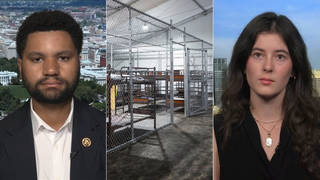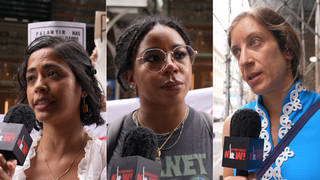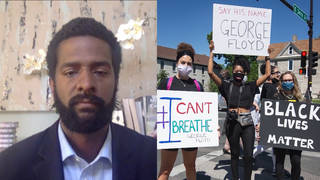
Topics
On the morning of March 16, 1968, army warrant officerHugh Thompson, began what he thought would be anotherroutine mission in Vietnam. He buzzed his scouthelicopter low over the jungle in search of Viet Congsoldiers. It was a clear day, and all was quiet. Butwhen Thompson swung his chopper over the tiny villageof My Lai, he saw US soldiers savagely beating andfiring on Vietnamese civilians. Thompson and histwo-man crew watched in disbelief as soldiers murderedwomen and children who had been pushed into anirrigation ditch. Other GIs set huts ablaze with handgrenades and Zippo lighters. There wasn’t an enemysoldier in sight.
The My Lai massacre would come to be known as one ofthe darkest moments in US military history. In justfour hours, 504 Vietnamese civilians were killed. Ifnot for Thompson, the body count would have been evenhigher. Defying a senior officer, he evacuated 10civilians to safety, then landed to pull a squirmingbaby out of a ditch stacked with bodies. The killingspree stopped only after Thompson got back to base andtold his commander what was happening.
In late 1969 the grisly details of My Lai wereunleashed on the public, following a report by theinvestigative journalist Seymour Hersh.
Around the same time the army commissioned aninvestigation into the cover-up, which became known asthe Peers inquiry.
The BBC reported that over 400 witnesses werequestioned and 20,000 pages of testimony taken beforethe inquiry reported its findings in March 1970.
The report concluded that both Col Henderson, thebrigade commander, and Lt Col Frank Barker, thecommanding officer of the task force, had substantialknowledge of the war crime, but did nothing about it.
The Peers inquiry recommended that charges should bebrought against 28 officers and two non-commissionedofficers involved in the concealment of the massacre.But Army lawyers decided only 14 officers should becharged. Only one came to court, and he was acquitted.
A similar pattern emerged in the prosecution of theground troops who had done the killing at My Lai. Aninvestigation by the Army’s Criminal InvestigationDivision said there was evidence to charge 30 soldierswith major crimes. 17 had left the army and chargesagainst them were quietly dropped. Elsewhere chargeswere dismissed or the accused found 'not guilty'.
The judicial process was labeled a whitewash by thosewho had fought to bring the soldiers of CharlieCompany to book.
In the end, Charlie Company’s commanding officer, LtCalley, was the only one to be convicted. He wassentenced to life imprisonment with hard labor. Withinthree days he was out of prison, pending appeal, onthe personal instructions of President Richard Nixon.
He spent the next three years under house arrest atFort Benning in Georgia. Freed on bail in 1974 hissentence was then cut to 10 years. Later that year hewas paroled after completing one third of hissentence.
Meanwhile, the survivors of My Lai were mourning thedeaths of more than 500 innocent civilians.
Today, on Veteran’s Day, we turn to a documentary onthe My Lai massacre called The Sound of the Violin inMy Lai. The film shows Hugh Thompson meeting some ofthe people he saved that day. It is produced by TranVan Thuy.
The documentary also features Mike Boehm, a Vietnamveteran who went back to My Lai in 1992. Boehm was notinvolved in the My Lai massacre. But he is stillhaunted by it.
He also brought his violin to the village, and playedfor the people, paying homage to the dead.
Six years later, on the 30th anniversary of the My Laimassacre, he went back to Vietnam and launched the MyLai Peace Project. The project helps Vietnamese womendevelop economic sustainability and build schools andhospitals.
Guest:
- Mike Boehm, Vietnam veteran and founder and chair of the My Lai Peace Project
Related links:












Media Options